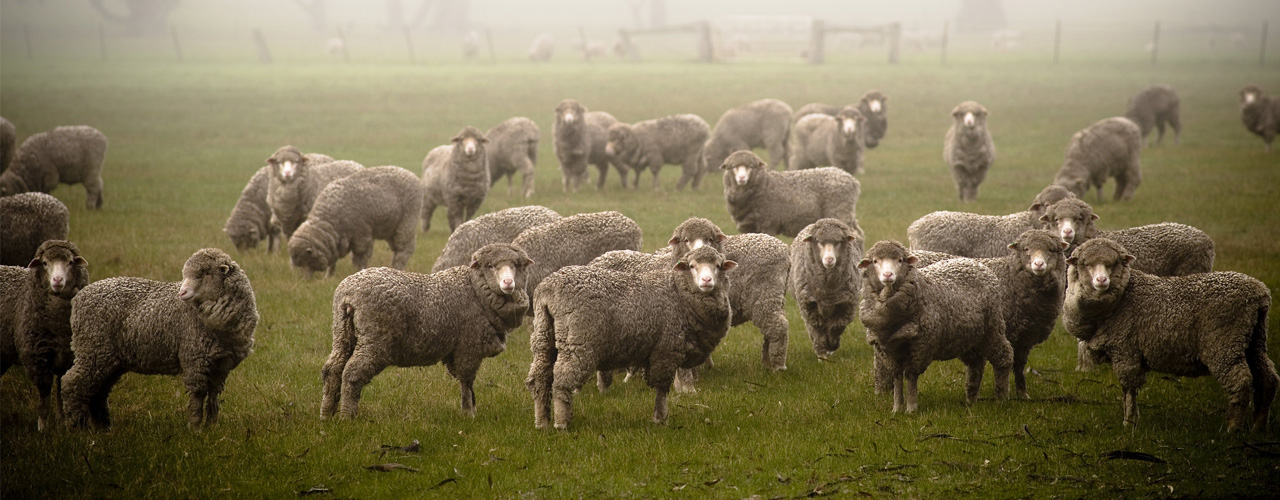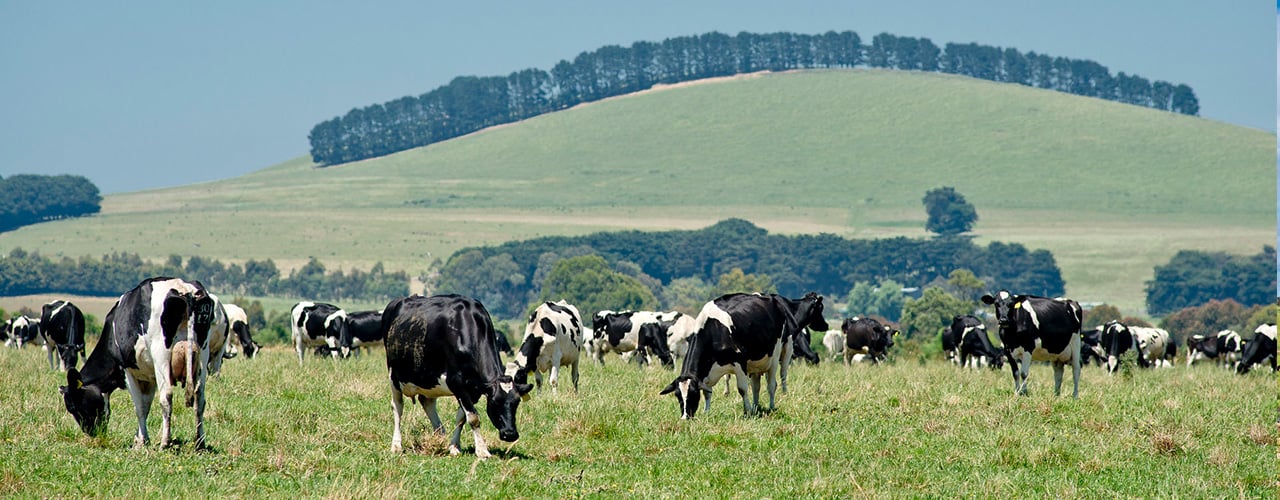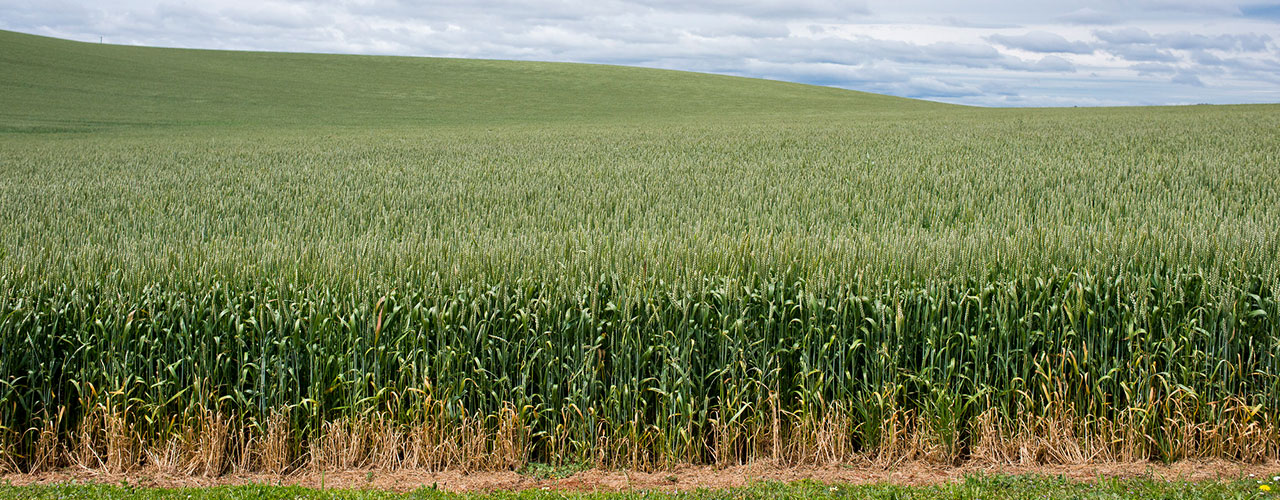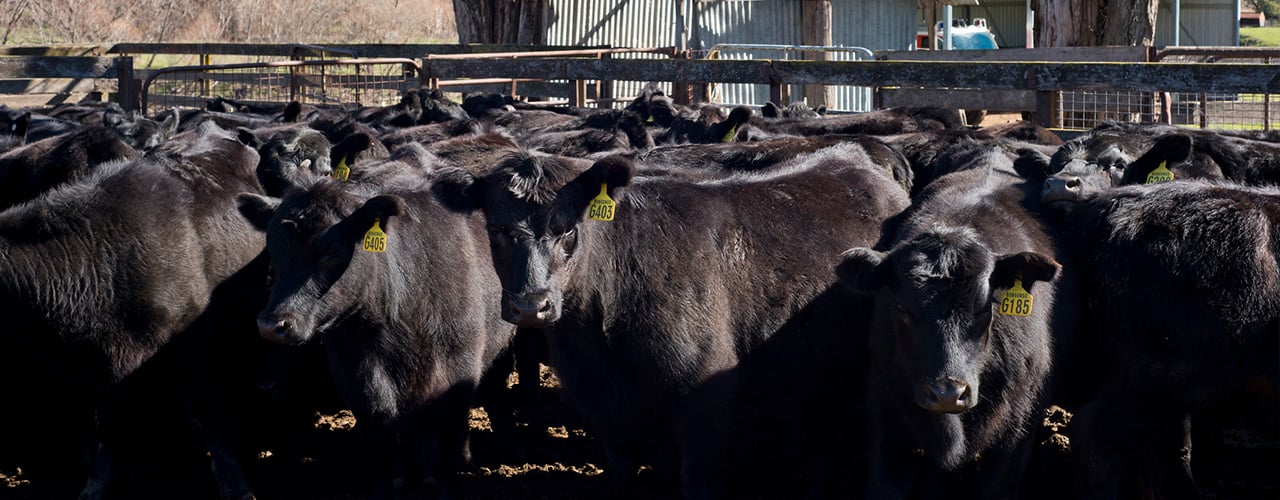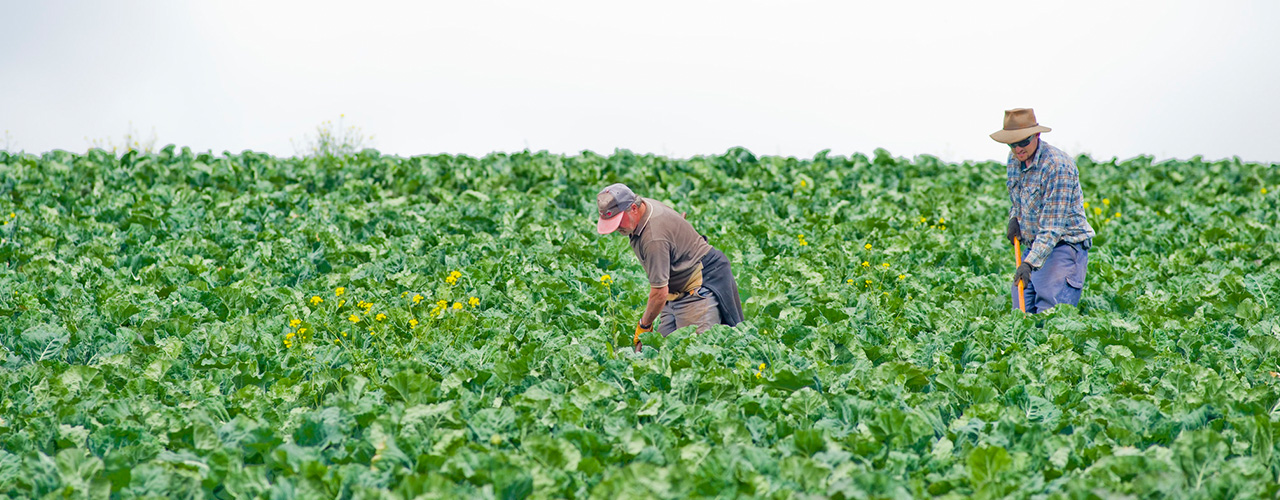Rural Bank Insights provides a monthly commentary on production and pricing trends for Australian agriculture, providing producers with a timely overview of current trends and an outlook for the coming months.
Filter Results
Displaying 1 to 8 of 42 search results
Page 1 of 6
Explore our other publications
Australian farmland values
Telling the story of your land for the past 25 years.
Agriculture outlook
Look at forecasts that can help you move forward.
Agricultural trade
Annual analysis report on Australian agricultural trade.

